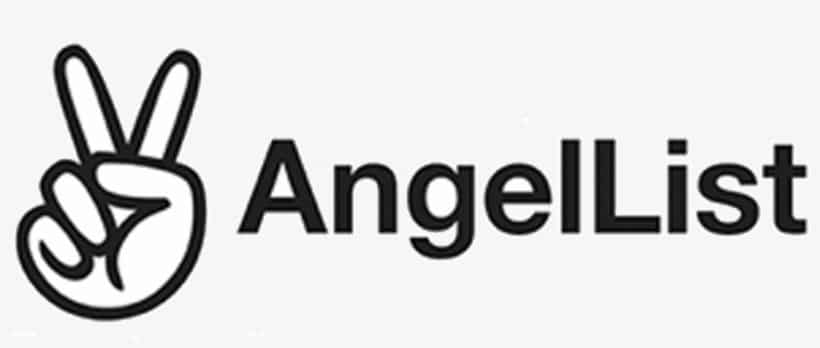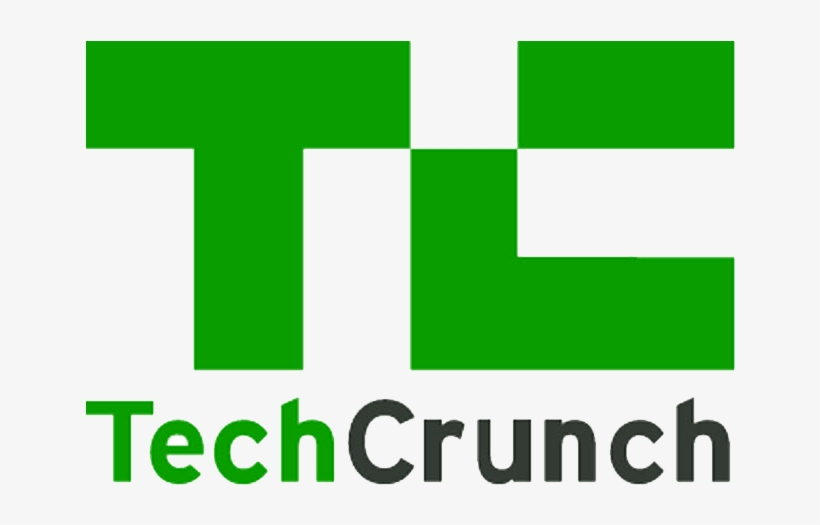Building a startup is a huge feat. There are a lot of important aspects to plan and lay out, even ones that lie beyond putting together the products or services it should offer.
Marketing is one of these vital aspects. It’s a grand endeavor in itself, and it’s definitely something that shouldn’t be taken lightly. After all, how can your products and services be utilized if nobody can find them? No matter how amazing your application is, if it doesn’t have any users, all the effort that has gone to its development thus far will be wasted.
Of course, the trick is to make your startup more visible. Thankfully, the digital age opens a lot of opportunities for startups to flourish– people just have to know where to look. A lot of these opportunities can be found in the form of Startup Directories.
- Making your startup more visible and easy to find on the internet is an important aspect that heavily affects the number of users that use your apps and services, and uploading your startup’s info to online directories is one of the best ways to do this.
- It’s not enough to use startup directories– you should also choose your directories, and always use “good” ones.
- Your entries to these directories are also part of your branding, so consistency is key to keep potential users and investors interested.

What Are Startup Directories?
Startup Directories are websites that help collate and organize lists of startups and the products they have to offer. Think of it like yellow pages, but for startups and their apps.
Why Use Startup Directories?
The goal of Startup Directories is to inform people of what startups are out there, and to help people find what apps they could possibly need based on their filters or search terms. Startup Directories usually have a lot of traffic passing through them, so these directories are some of the best places to start with digital marketing and branding. To top it all off, they help a lot with widening your online presence.
Of course, you shouldn’t list your startup under every directory you see.
How Can You Tell If A Startup Directory Is good?
A Startup Directory is good if it employs the following rules:
- There aren’t too many spam links listed in the directory. There should also be more content than there are links. You don’t want your startup to look like a spam link itself, as it is likely to mess up your SEO.
- There aren’t too many ads on the site, for the same reason as having too many spam links.
- It is filled with good content– nothing sketchy or spammy.
A Few More Tips On Making Directory Entries…
Creating directory entries is part of your startup’s branding, so you’ll have to consider a few more things before completing any forms.
- Keep your branding consistent. The kind of language and imagery you use in printed materials, emails, and on your website should be similar to what you use on your directory entries.
- Choose a username that best suits your brand– it’s also best to check the name’s availability in advance on each of the platforms you plan to use. KnowEm is a great resource to use to check out multiple platforms at once.
- Create social media accounts, such as Facebook Business and Twitter, for your brand so that you can link them to your website listing

List of Directories
Listed below are a handful of the many directories you can add your startup to. You’ll be surprised to know that each directory listed here is unique with the way they handle their listings, so read on!

Reddit is a never ending conversation, all neatly organized into their own subreddits. It is for this reason that it acts like a startup directory. A few subreddits you might want to check out are r/startups, r/smallbusiness, r/sideproject, r/shamelessplug, r/indiebiz, and r/entrepreneur.
Google My Business

Another one of your early steps should be to list your business under Google My Business, which is Google’s very own business listing domain.
This quick process of uploading your startup’s key information will make it more likely for it to show up on the biggest search engine in the world, and it will be visible on Google Maps, too.

LinkedIn also has listings for both founder pages and startup pages. Filling out both and occasionally adding blog entries via LinkedIn Pulse will help get your company and your cause be more visible to the professionals using the platform.
CNET

CNET is one of the world’s powerhouses whose aim is to cover the latest in tech, but did you know that they’re also committed to housing a wide array of applications for download? You can upload yours using the link provided above!
Product Hunt

Product Hunt is another amazing directory that was built exactly to support app developers and to present the latest apps and creations to developers and users alike.
It comes with a rating system and you can see Featured and New apps immediately on the front page. Product Hunt is even deemed as a “must-read site in Silicon Valley”.
AngelList

Although AngelList counts as a startup directory, it is geared towards helping recruiters and job seekers alike. It’s perfect for startups that function with remote employees.
Alternativeto

AlternativeTo is a directory that crowdsources software recommendations. It lists down alternative software for users to download based on a search query or filter.
There are a lot of users searching for alternative software for various mainstream software, so if your startup loves making software that is similar to other apps, yet fills a gap in the category they’re in, then this site will get you a lot of those needed clicks.
Crunchbase

Crunchbase is a powerful directory that users opt to pay for in order to use. It’s amazing for networking and making connections within the industry, and it utilizes a lot of useful analytics, data, and tools.
TechCrunch

TechCrunch is an online publication that centers its content on tech news and startups.
Submitting articles about your startup and your cause to Tech Crunch would definitely make its daily readers aware of what you’re doing in the digital space.
Ycombinator

Ycombinator, home of Hacker News, also functions as a startup directory. The link above will allow you to link the first few stages of your app in order to receive critique from fellow developers.
Ycombinator is not only a directory, but it also seeks to invest in a large number of startups– and they do this twice a year. This is the application form, in case you’re interested.
Index.co

Index.co is not just any directory– it’s one that can connect you to investors and corporate brands that are actively seeking partnerships.
BetaList

Similar to Product Hunt and YCombinator, Beta List is another directory that helps startups gain invaluable feedback. Plus, it helps spread the word!
Beta List is also quite easy on the eye as it neatly lists all apps per date of upload.
Apprater.net

App Rater combines Product Hunt’s rating system with Beta List’s neat user interface. It’s another great directory that gets updated every day.
Getapp.com

GetApp is similar to CNET as it lists software, except it targets professionals, has a more sophisticated filtering system, and it displays insights.
Startup Ranking

Startup Ranking aims to rank startups worldwide, allowing you to list them according to rank, country, or chronology.
They even have a product that allows you to submit your startup to 80+ more directories!
Feedough

Feedough is like the CNET or Tech Crunch of startups– they have startup news and research, plus they even curate content to help both startup owners and investors alike.
FeedMyApp

Although pretty niche, FeedMyApp is a reliable directory filled with app reviews– which, when you think about it, can work as an app listing.
There are no spam links, and practically no ads, making it a good place to add your startup to.
Killer Startups

Killer Startups is an excellent resource that posts startup reviews and even features founders and startup guides.
StartupBase

Similar to rating platforms like Product Hunt and BetaList, StartupBase presents its startups in a tiled format– with infinite scroll!– making it easier for users to scroll through startups and see them at a glance.
